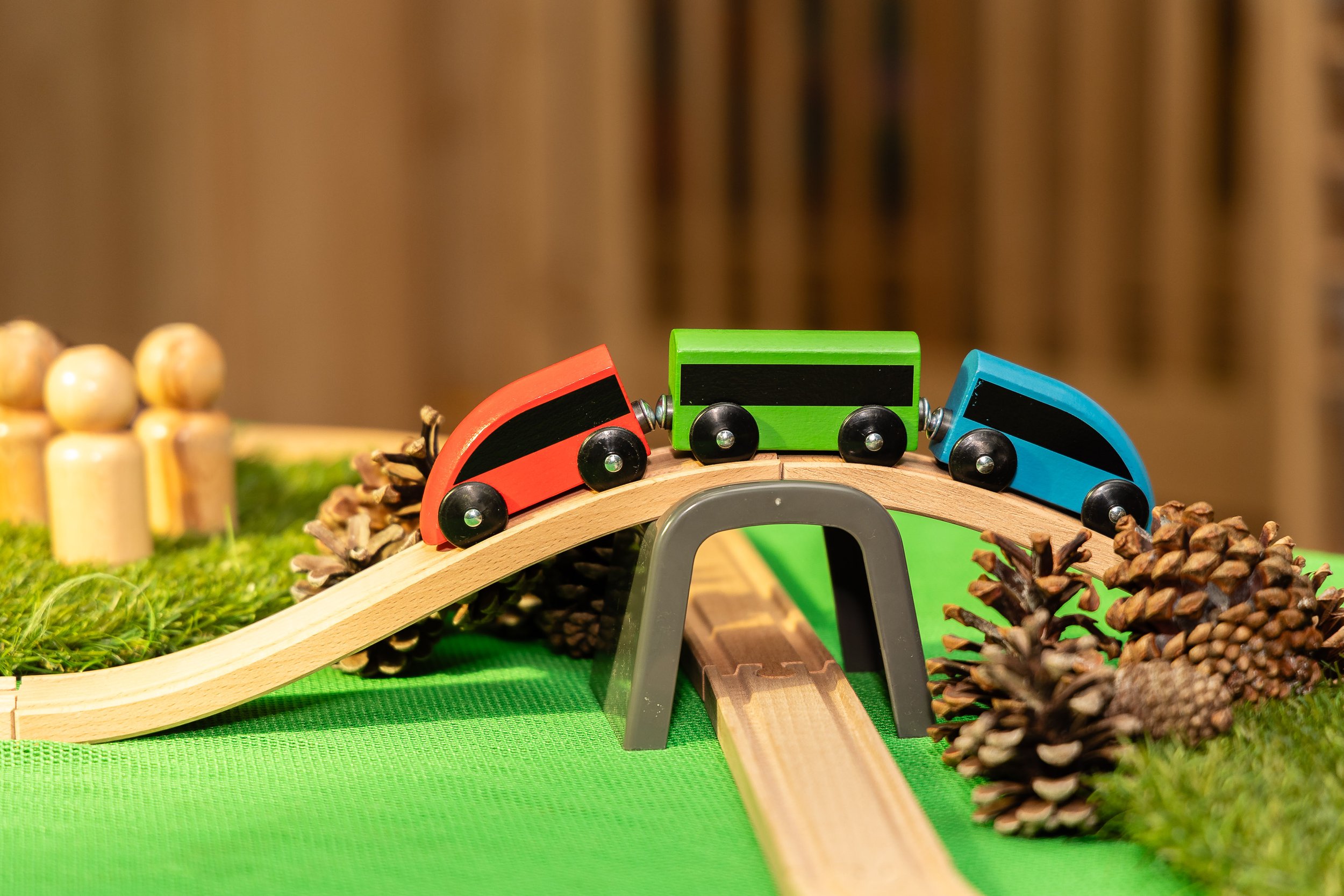

Celebrating Learning Through Nature
Find out how we collaborated with local business, Ivy & Gold to create a unique nursery environment that ‘brings the outside in’
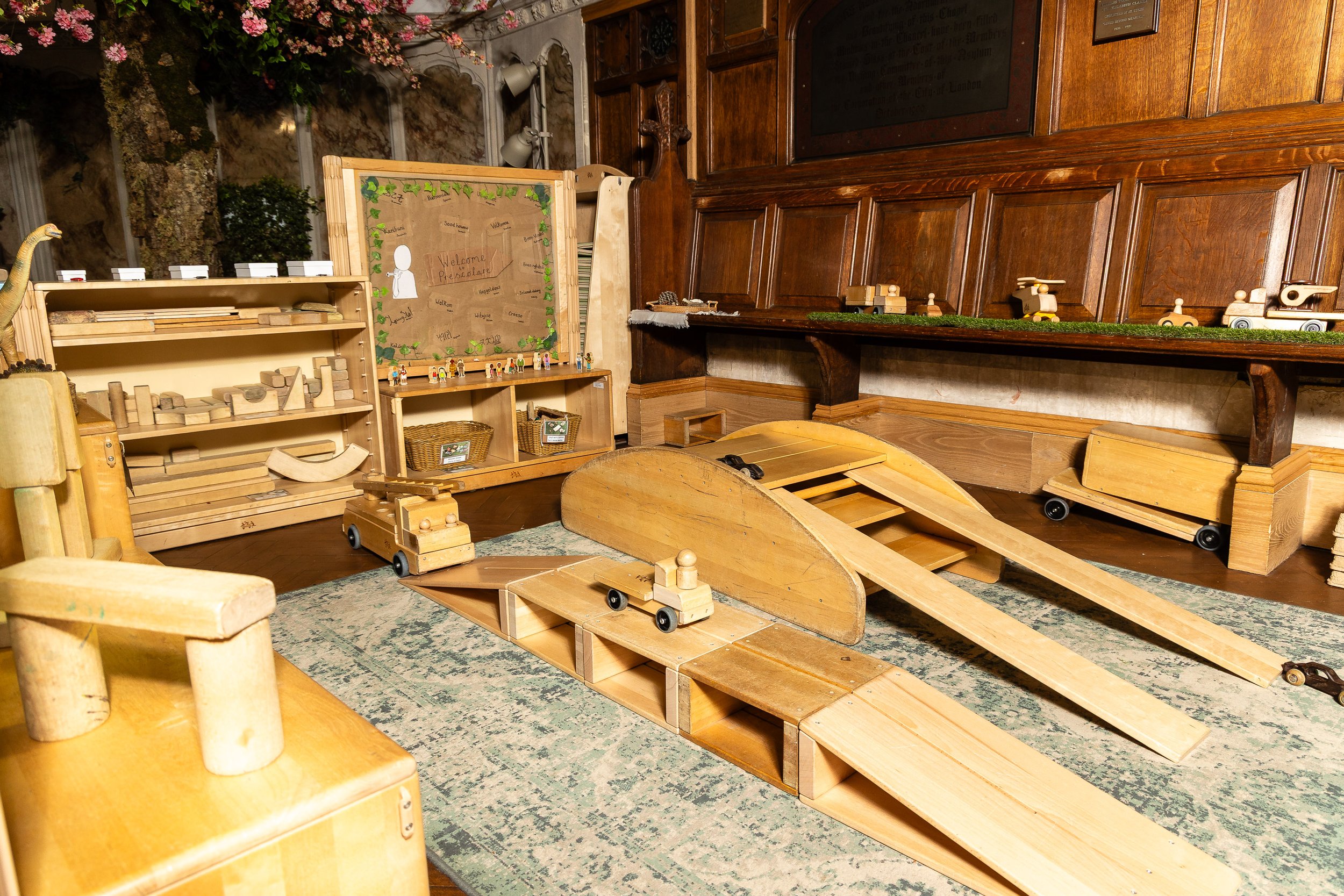
A nursery environment where children come first…
Inspired by the educational philosophy of Reggio Emilia, the environment a KatieB Kids communicates acceptance of all forms of expressions and diversity, where children can play and learn together, free from judgement, to use all their senses and skills, body and mind, to express their uniqueness and expressive potential.
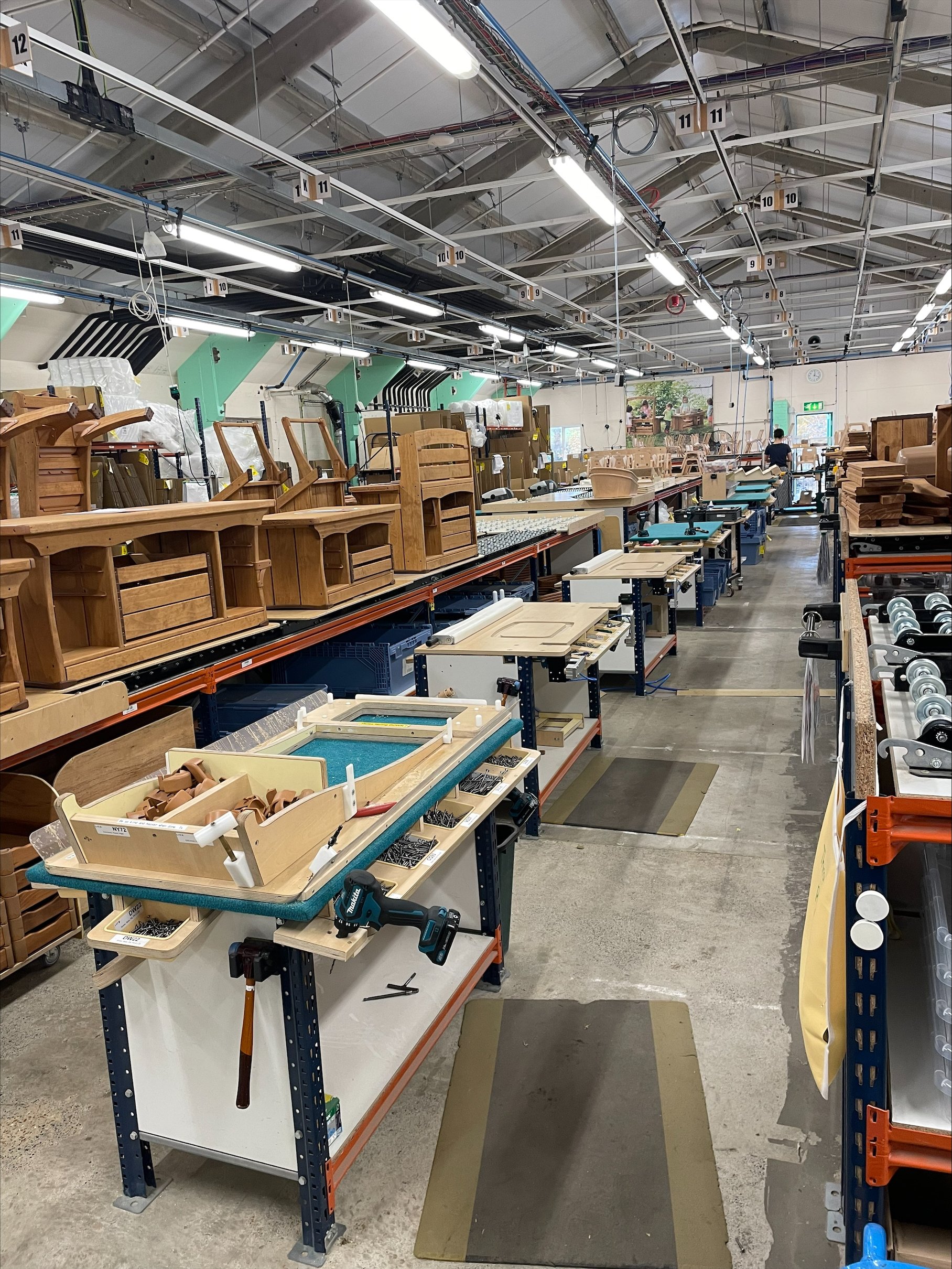
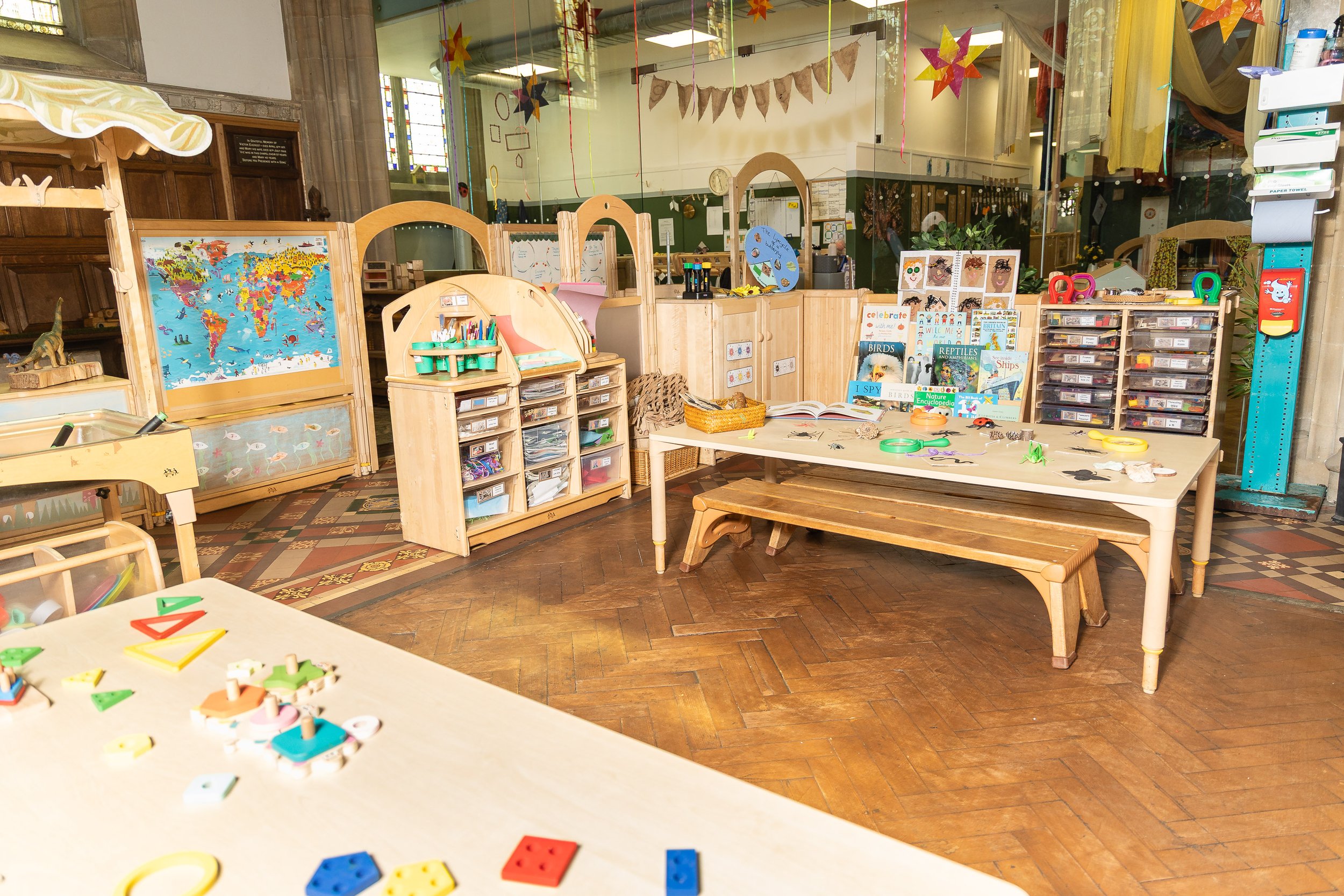
How Play Shapes Children's Readiness for School
School can pose a number of emotional challenges and frustrations and children need to have the skills to manage these in a calm and rational way.
At KatieB we think there’s more to it than if they can write their name, know their colours and count to 20.
Find what they are and how we prepare children for them to be happy and successful at school.

Pioneering ‘dots’ within early years - a new mindfulness curriculum for children aged 3 – 6
KatieB Kids - pioneers of a new Mindfulness programme, 'dots', aimed at 3 to 6-year-olds and developed in association with the Mindfulness in Schools Project.
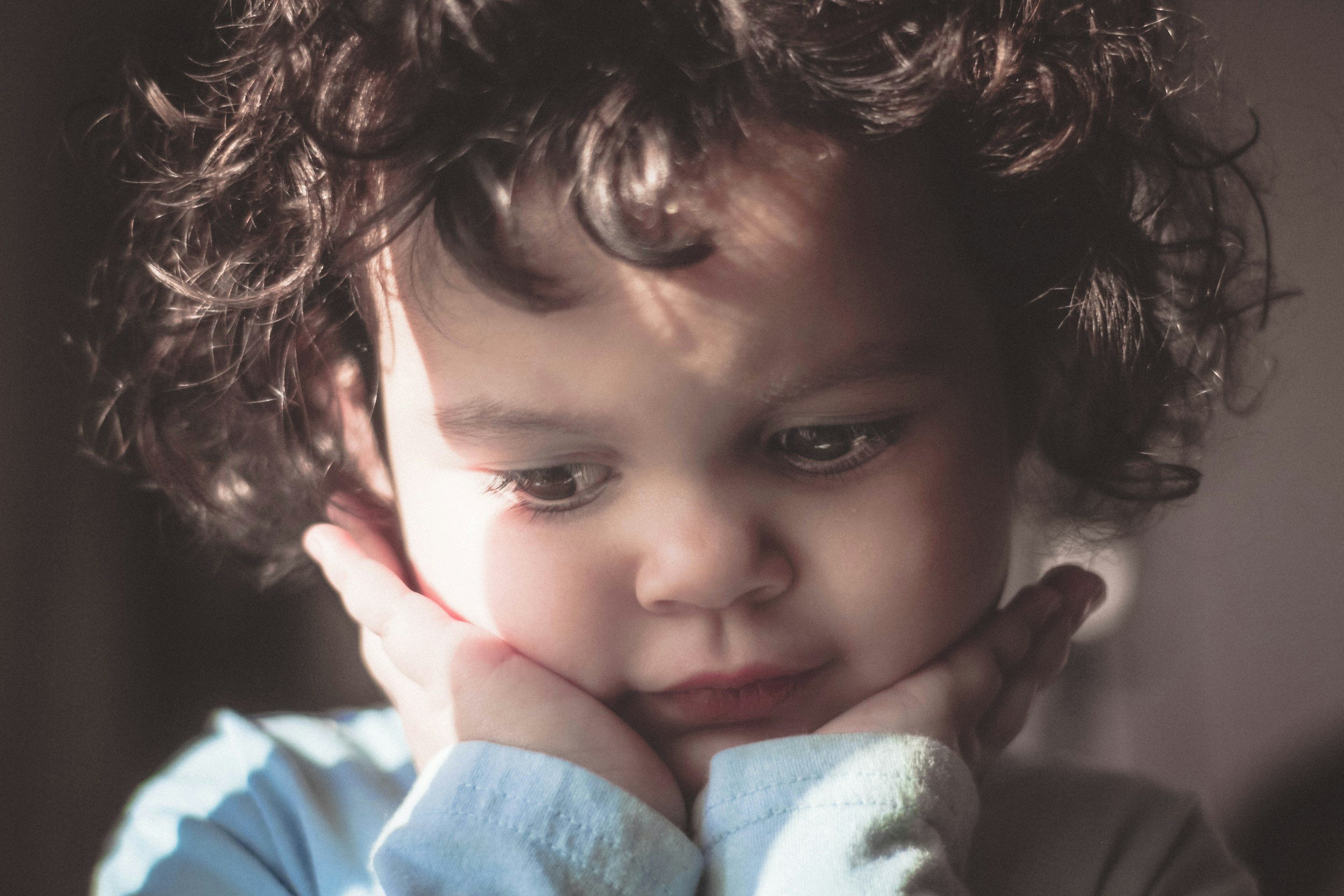
Fostering Inclusive Practices: Helping Every Child Achieve Their Full Learning Potential
All children develop and grow in their own way, but there are common developmental ‘milestones’ such as crawling, walking, and talking that generally occur at particular ages. Some children may take longer to reach these milestones, and some may need help getting there.

Unleashing Fun: Why Outdoor Play is Essential for Kids
Spending quality time in nature is associated with good health and well-being, which for us as a nursery helps us to meet our vision that our children becoming happy, resilient, respectful and fulfilled adult.
But the benefits of outdoor play are not limited to health and well-being. Find out why…
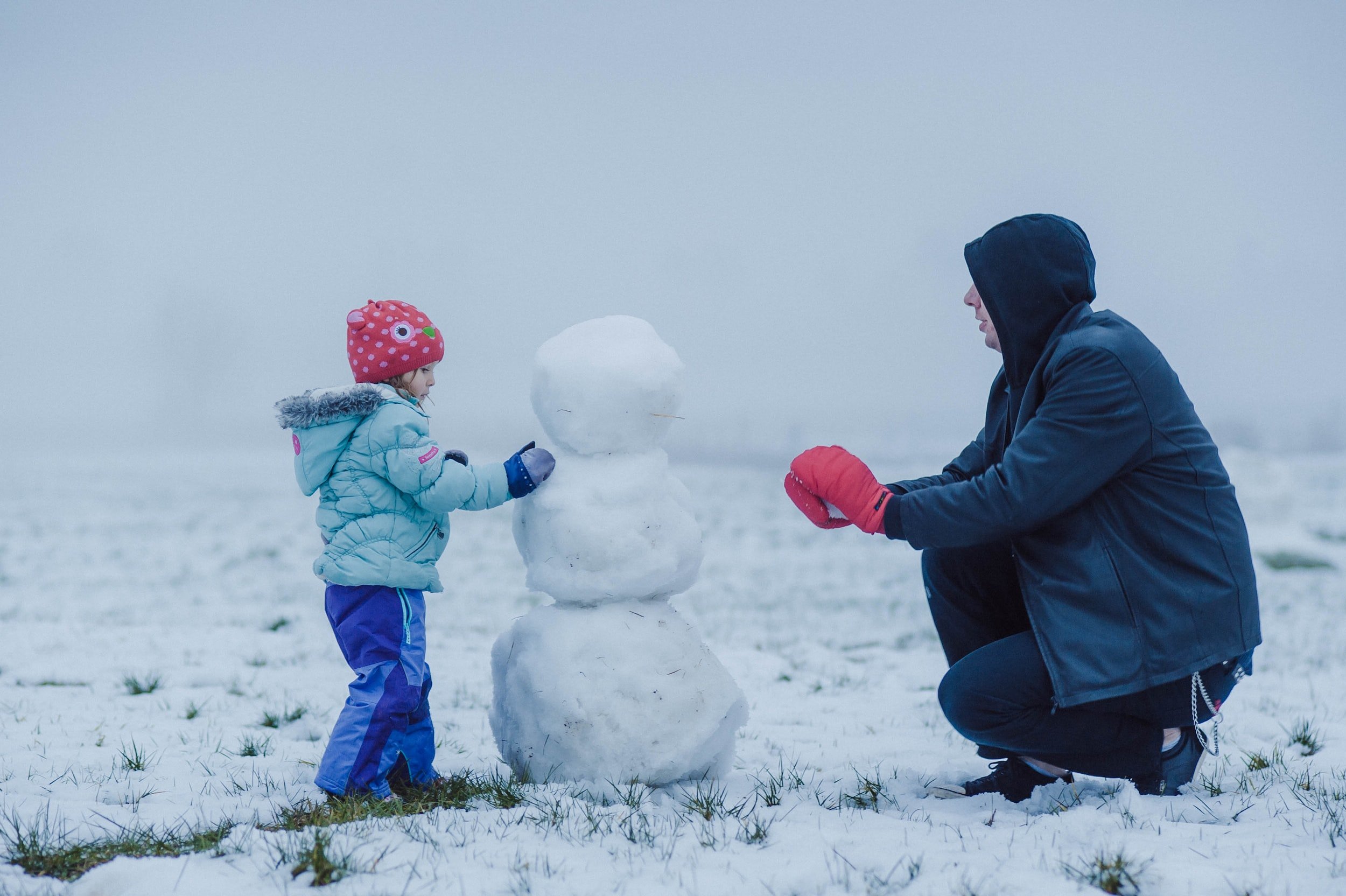
Observations & assessment – ensuring opportunity but not disrupting learning
Ofsted are clear that assessment should not entail prolonged breaks from interaction with children, nor require excessive paperwork. So how do we gather objective evidence of the child’s needs so if necessary we can refer to, and work with, other relevant professionals? And how can we ensure that parents are informed of their child’s progress at nursery?
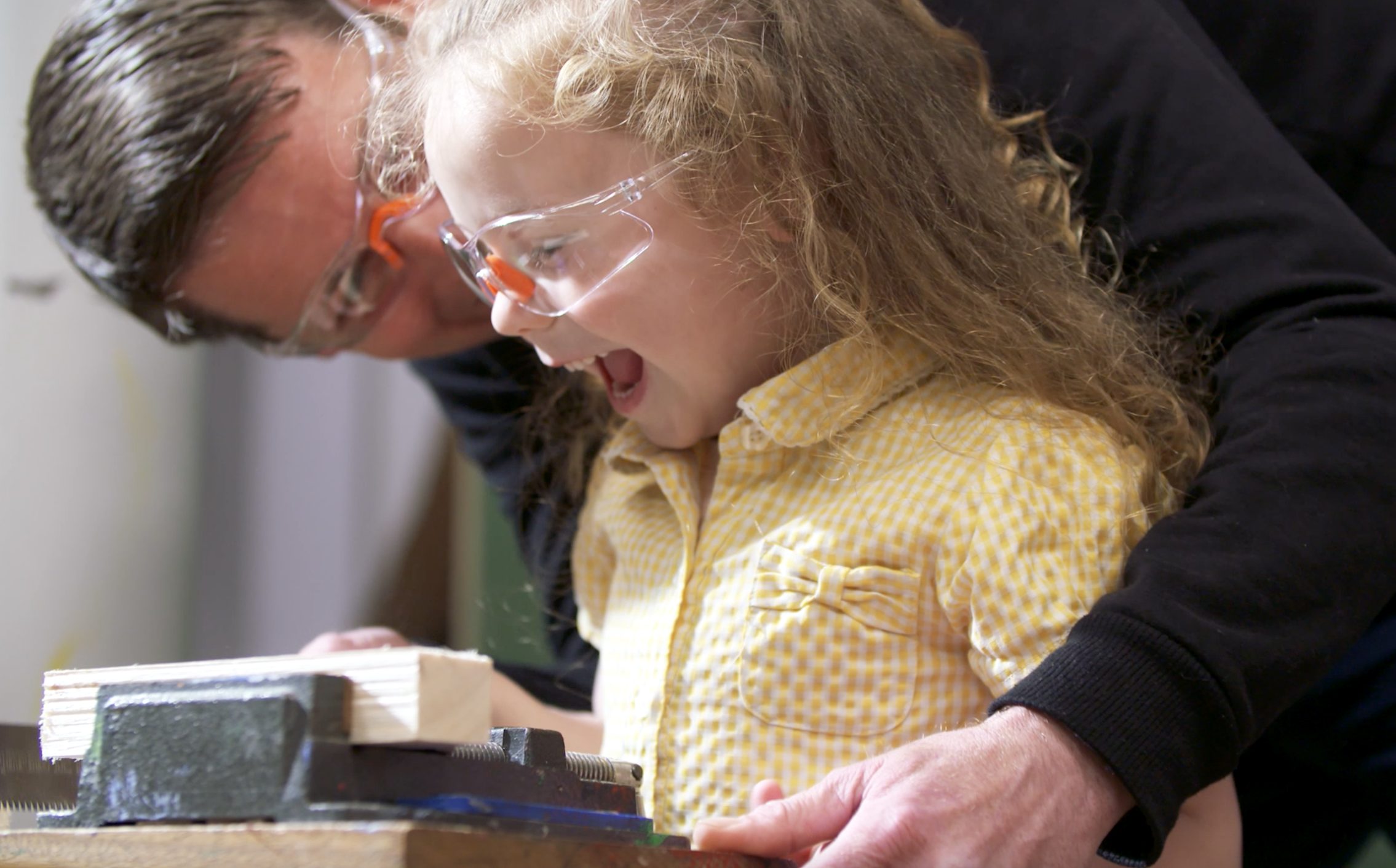
How teamwork is at the heart of great achievement at KatieB Kids
At Katie B Kids we agree with Mattie Stepanek that when there is teamwork and collaboration, wonderful things can be achieved. But what makes a great team? And how do we support collaborative working?
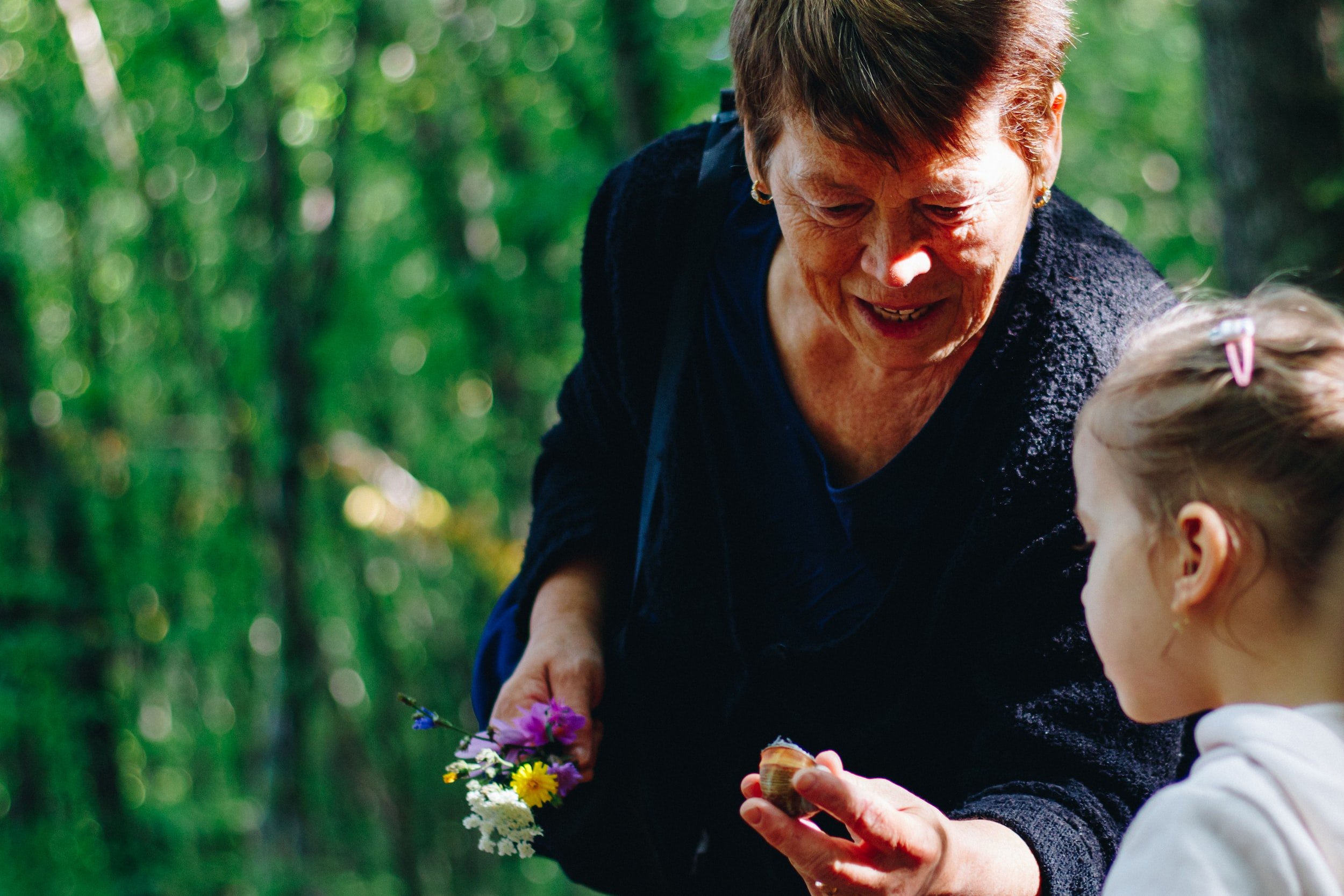
How are early years settings surviving?
As the early years industry struggles to survive juggling the £500m cut in funding in real terms, and the media spotlight on parents that are being priced out of childcare, how do nursery managers attract new educators, who will not only keep their services operational, but who will bring value to their setting?
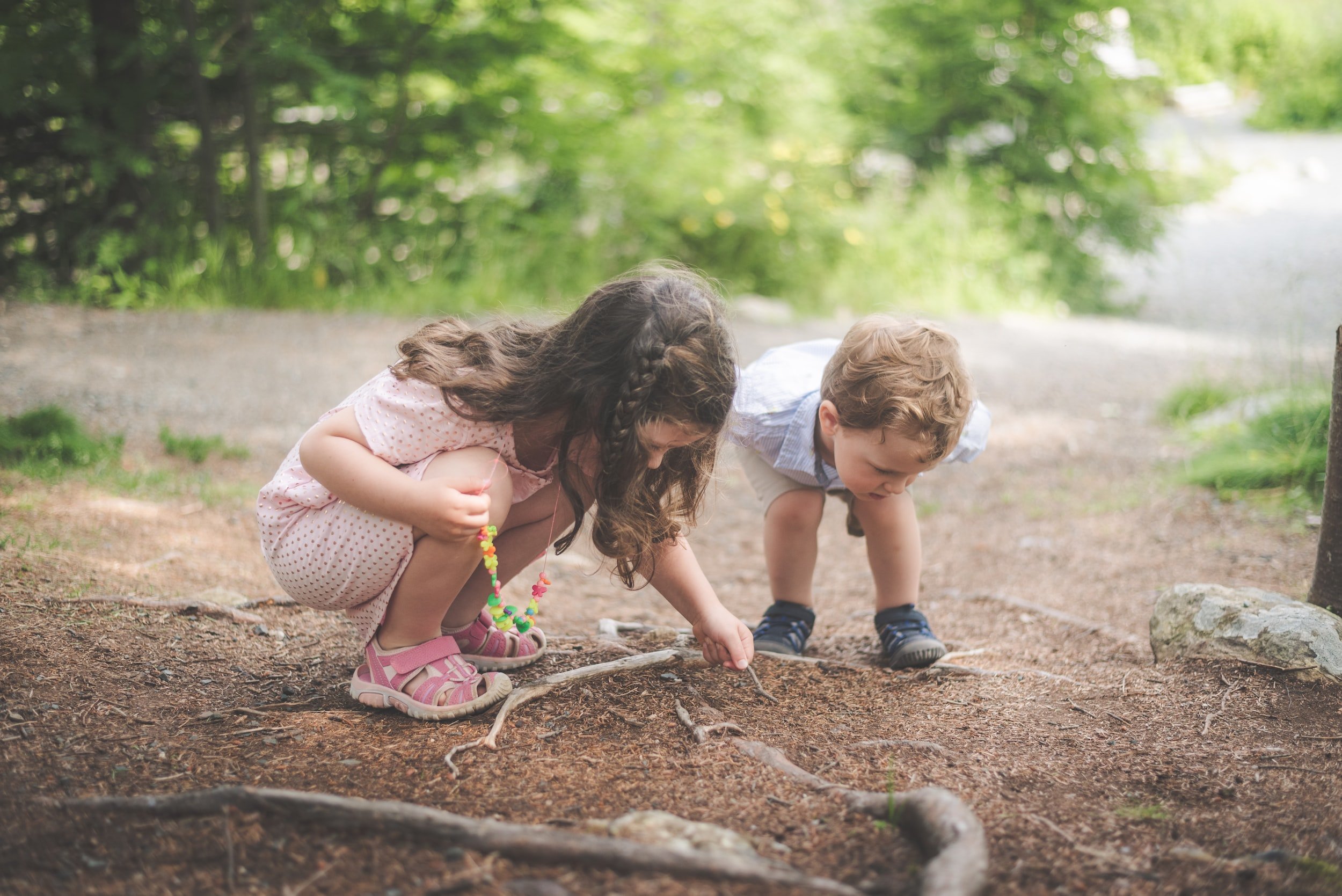
A daytime family - promoting mixed age grouping in early years
At KatieB Kids we offer a home from home, and bringing children of different ages together for parts of our day enhances this, like one big daytime family.
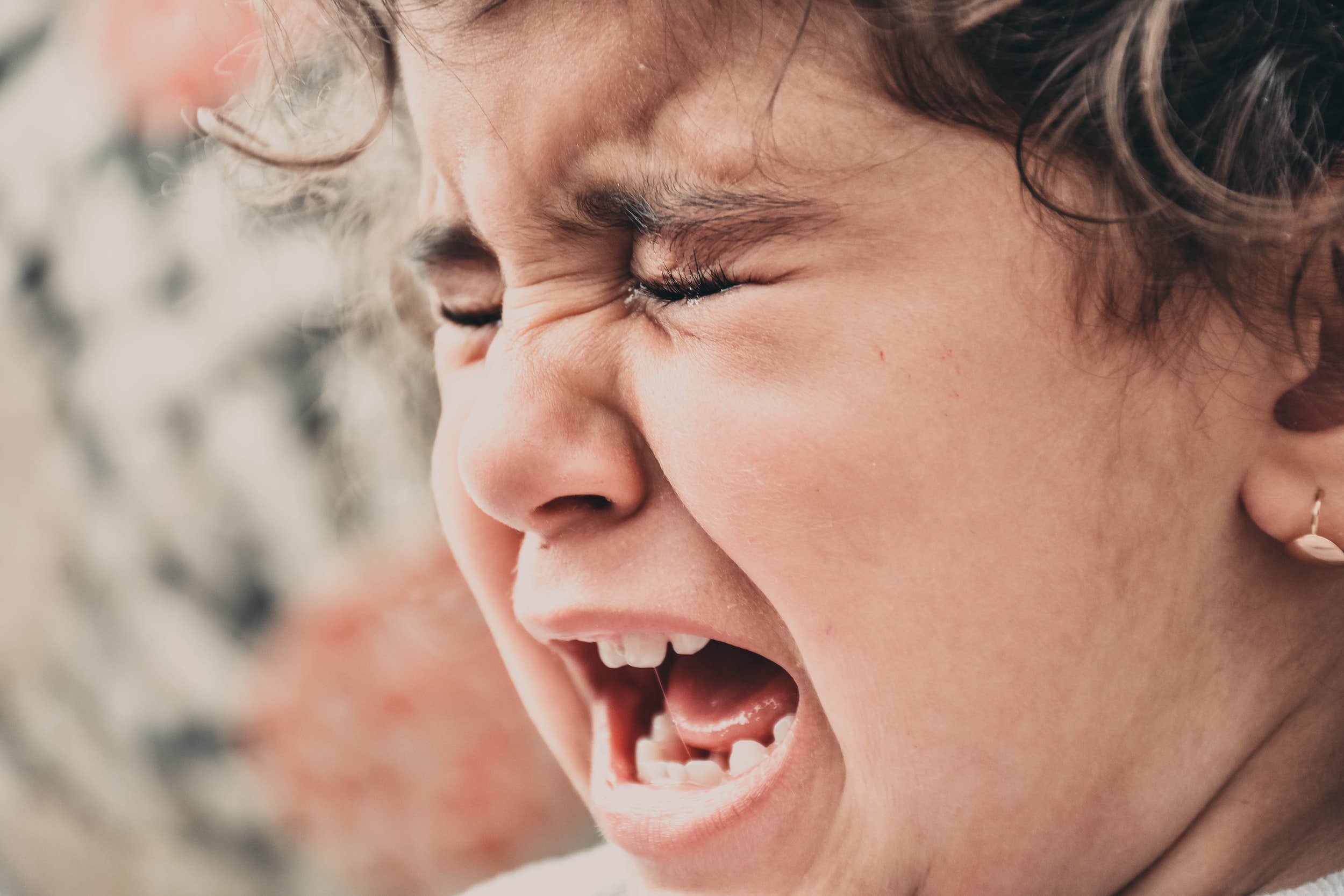
Recognising an emotional storm from an outburst
Responding to your child’s emotions - an outburst or an emotional storm?
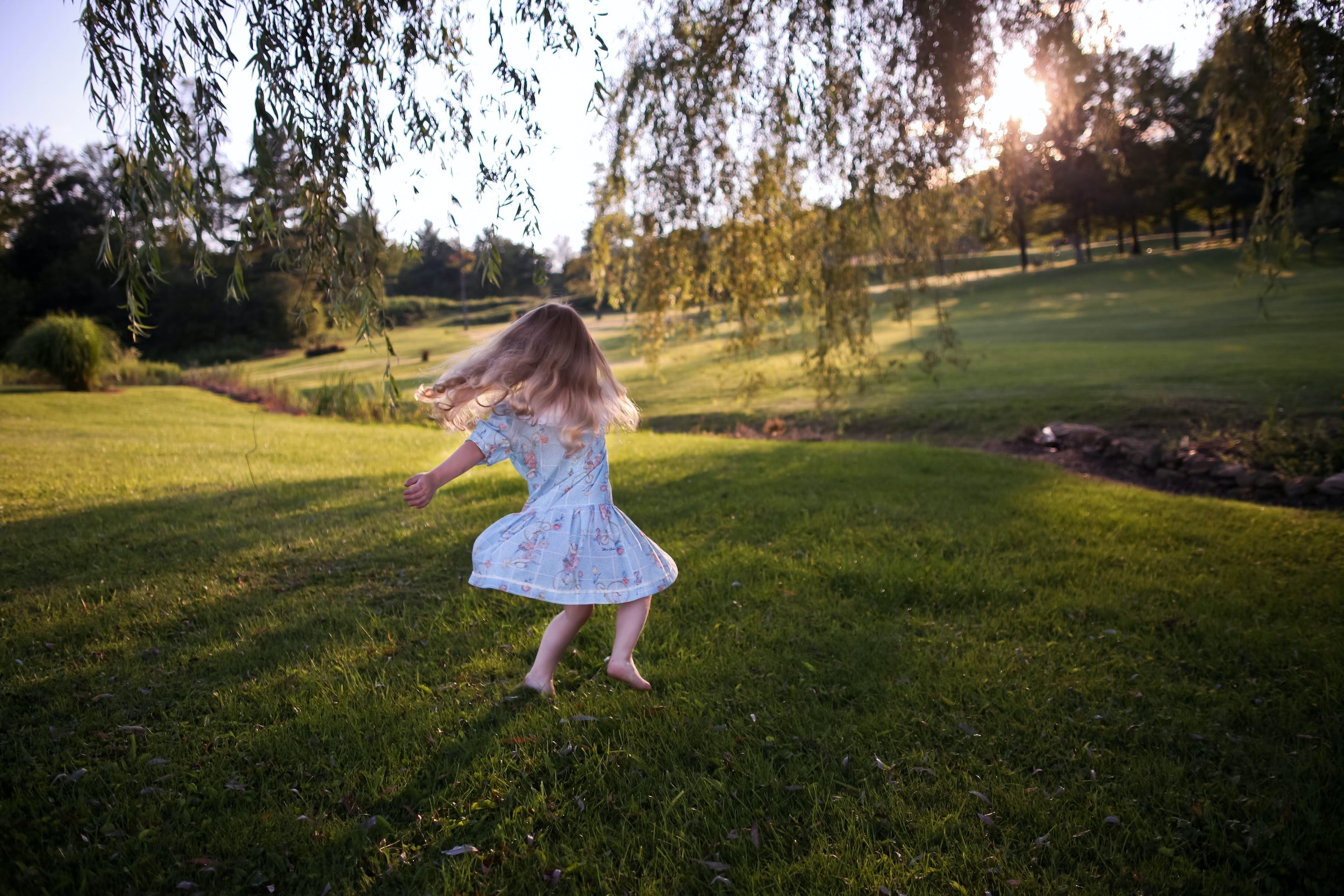
Schemas - what a child’s repetitive habits can tell us
How a child’s habitual behaviours represent discovery about how things work.
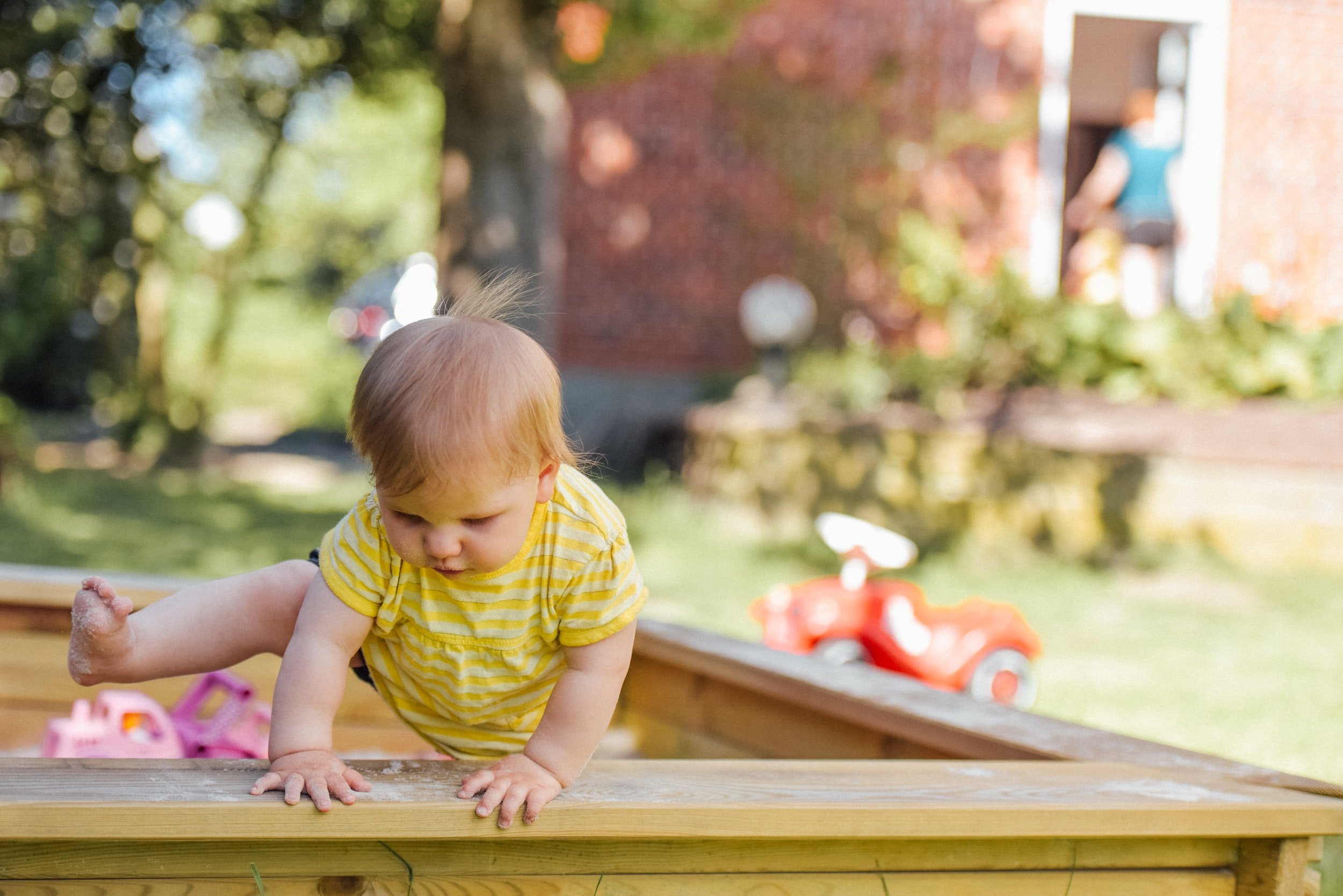
Embracing risky play for young children
In the words of Roald Dahl ‘The more risks you allow your children to make, the more they learn to look after themselves’.
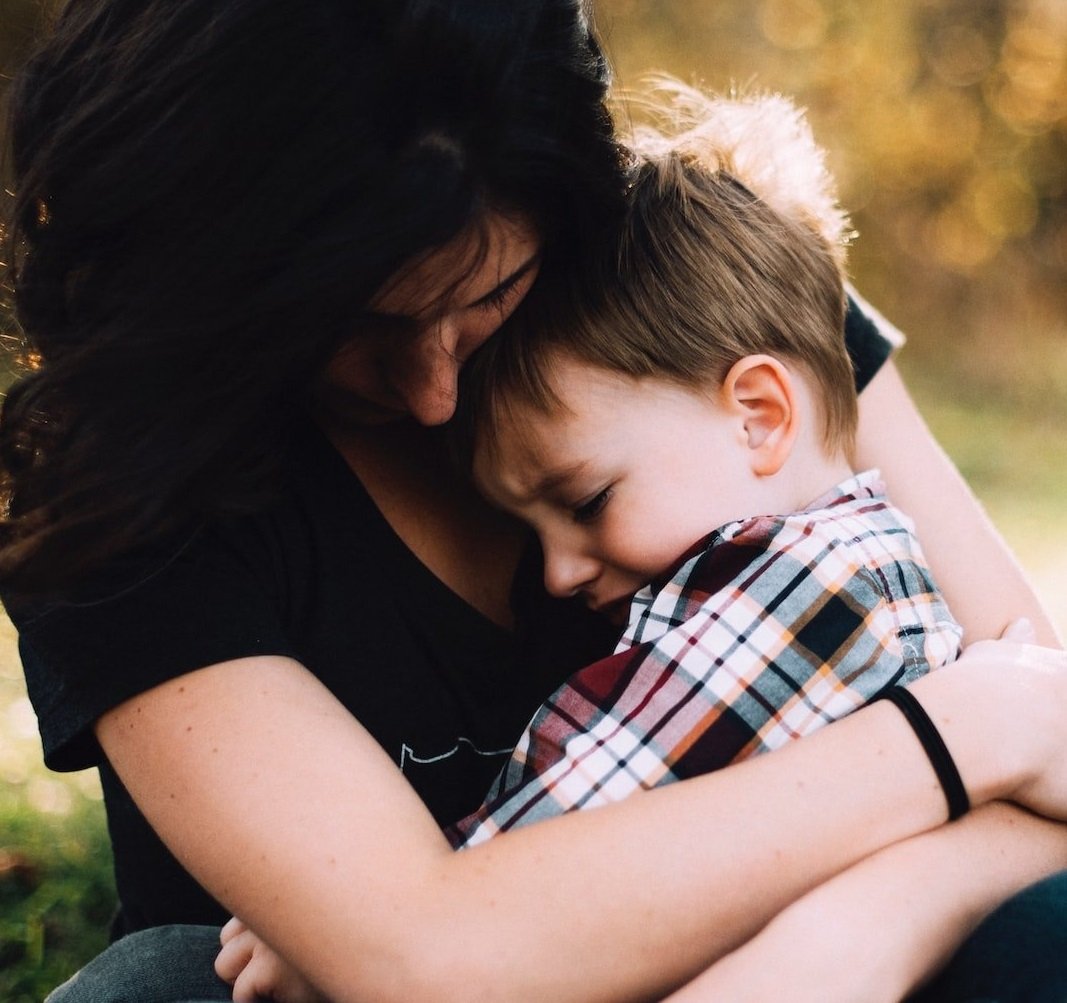
Understanding children’s emotions
How recognition of their emotions supports children to know how to behave, mature, make and keep friendships and ultimately be happy in life.
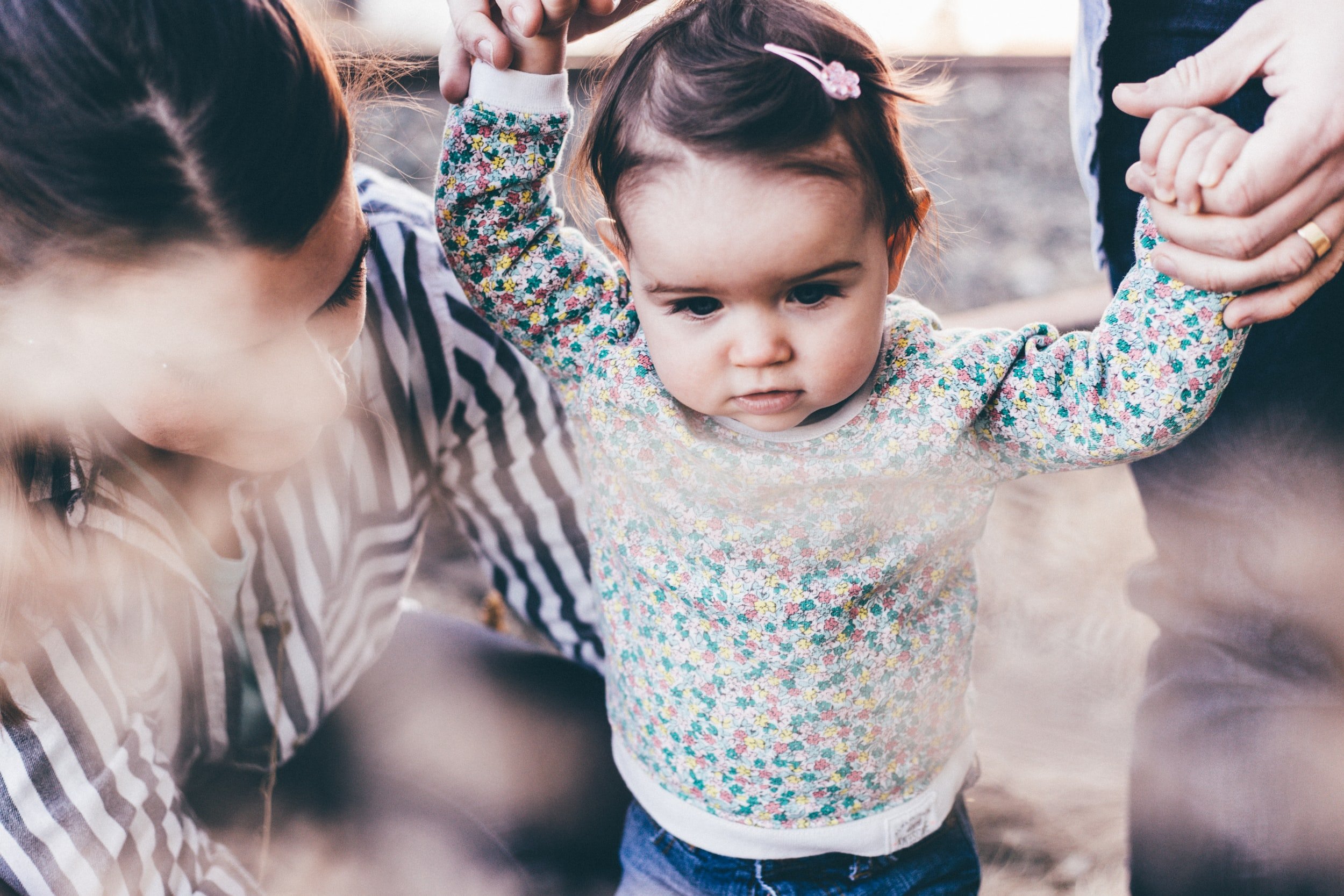
Giving children a voice
Striving to listen to and acknowledge children’s feelings, emotions and decisions.
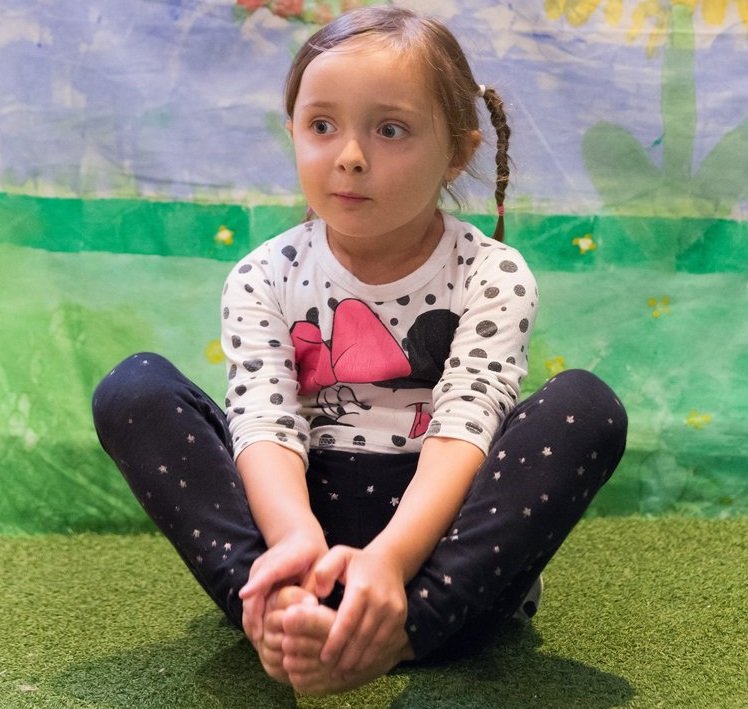
The value of yoga to support young children in today’s fast paced world
Develop a resilient and resourceful body and mind.
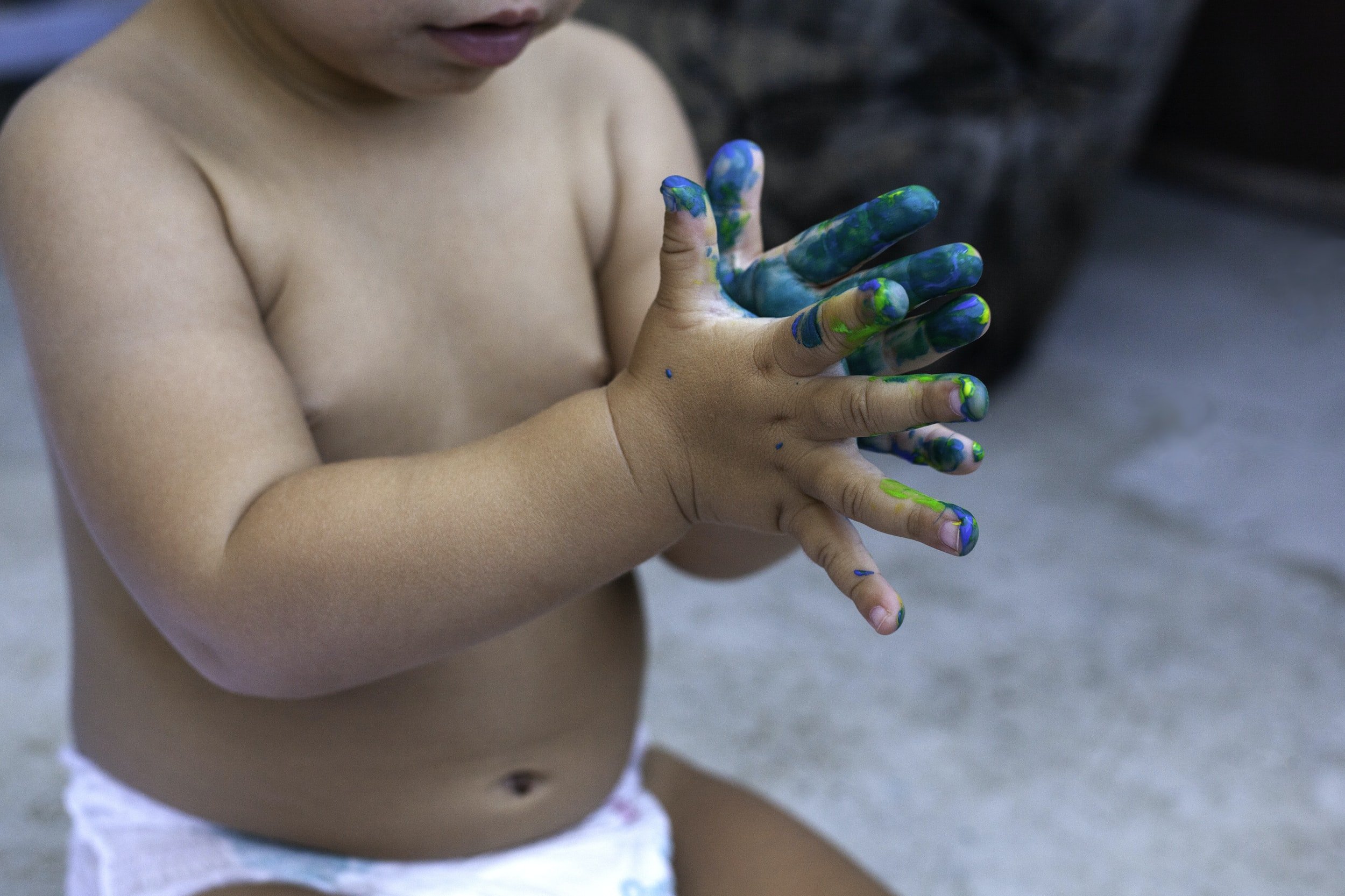
Process over product - enabling expression of individuality
Learning through messy play - the downsides are all fixable. The upsides are magical.
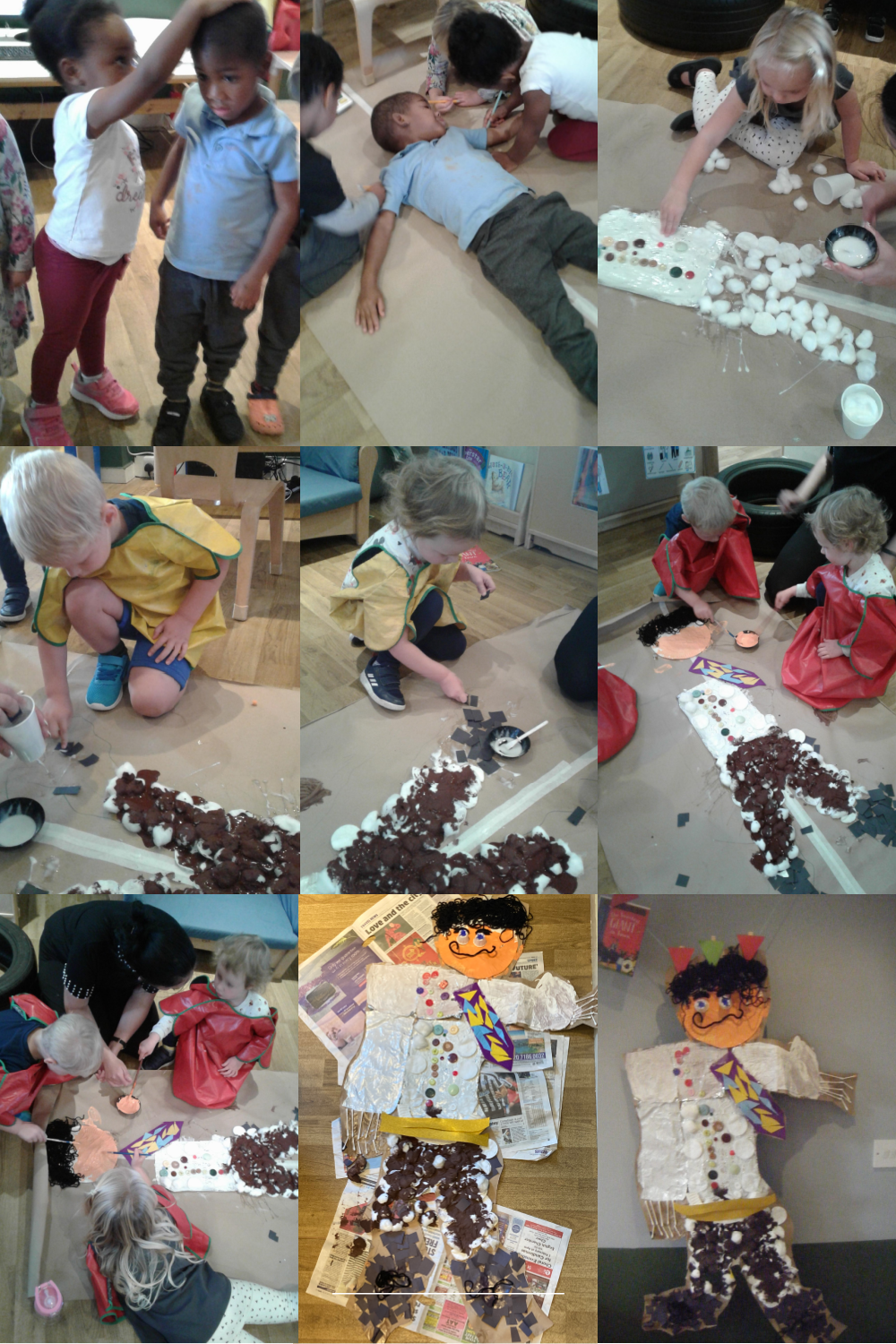
Reggio inspired project work of core book ‘The Smartest Giant in Town’
How in-depth exploration of a topic or theme supports children to reflect, collaborate, be analytical, gain confidence and be creative.
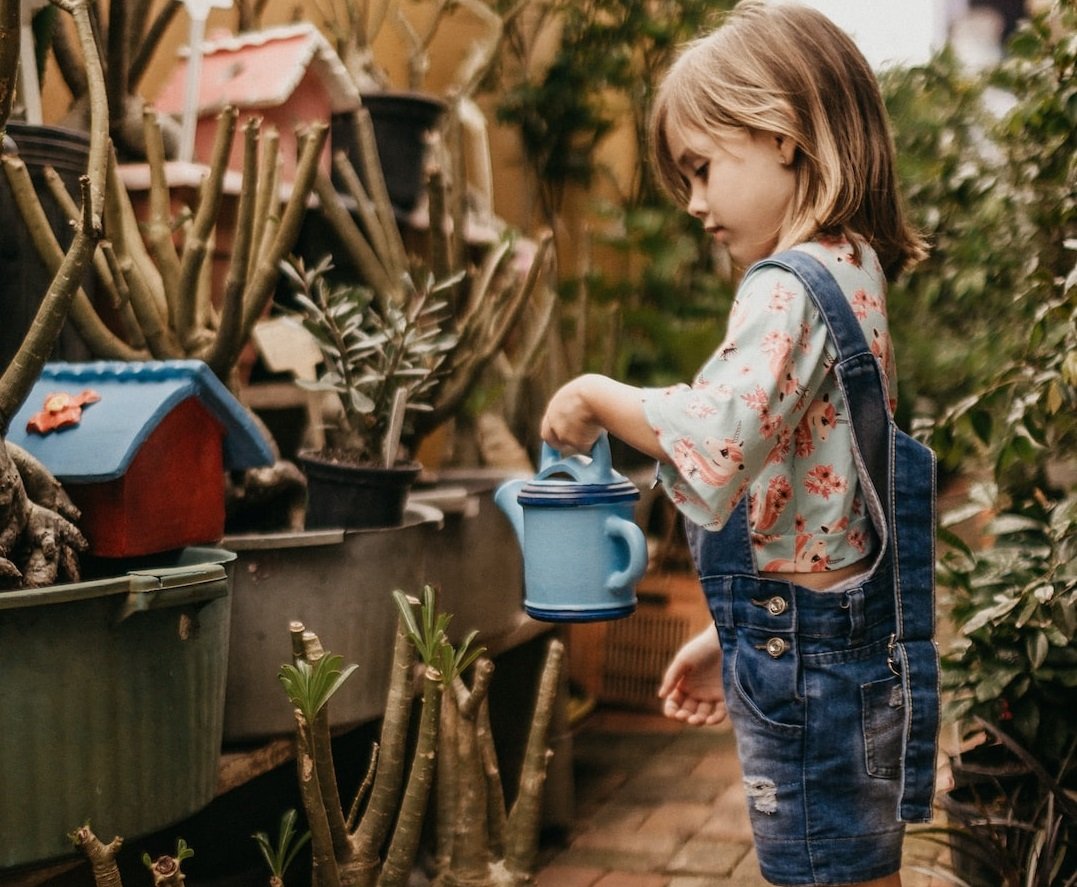
Happier, healthier children in the 21st century
Play is the deepest kind of learning. It allows children to be self-directed learners, who explore, develop curiosity and solve their own problems.
